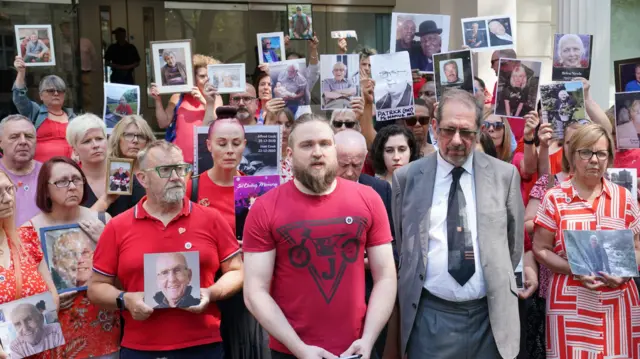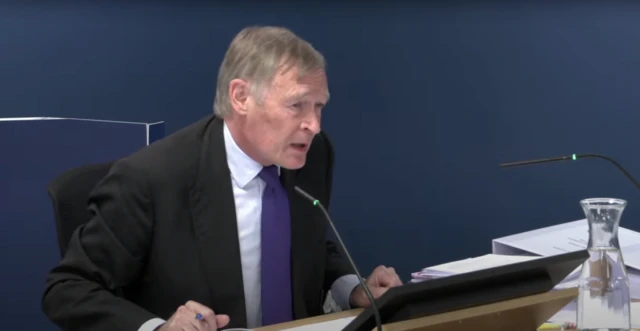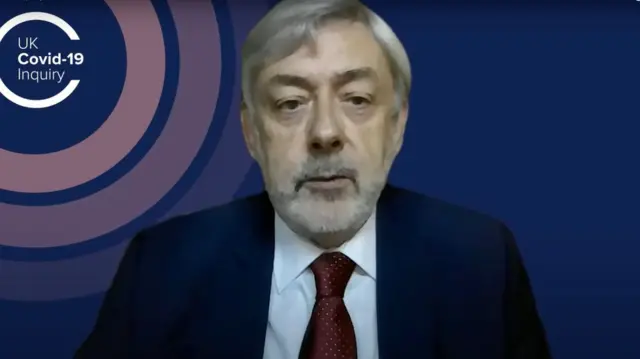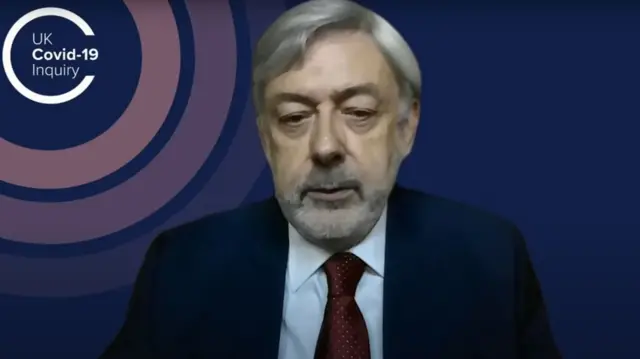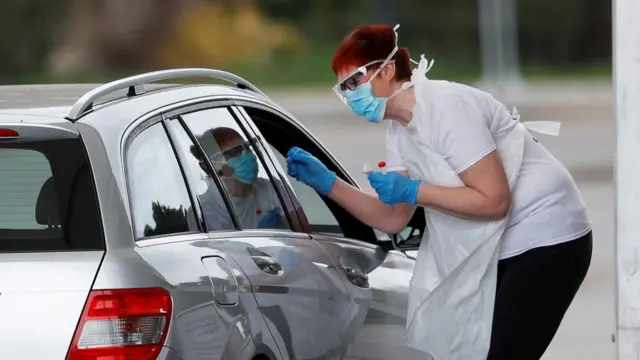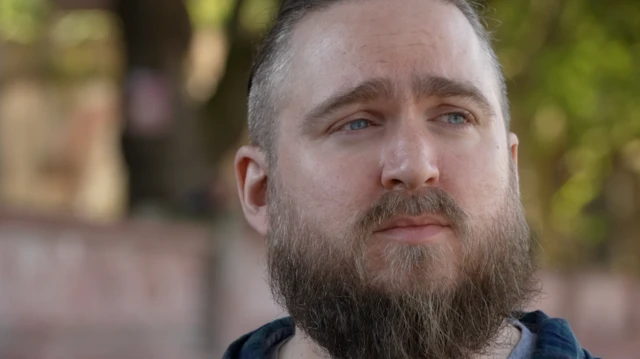Thanks for joining uspublished at 17:13 BST 15 June 2023
 Nathan Williams
Nathan Williams
Live reporter
Thank you for joining us for our live coverage of day three of the UK's Covid inquiry public hearings.
The inquiry continues tomorrow and, as we've been telling you, next week we'll be hearing from senior politicians including former PM David Cameron, as well as current deputy PM Oliver Dowden and Chancellor Jeremey Hunt.
Today's page was brought to you by our health editor Hugh Pym, health reporter Jim Reed, Heather Sharp, Ece Goksedef and myself.
